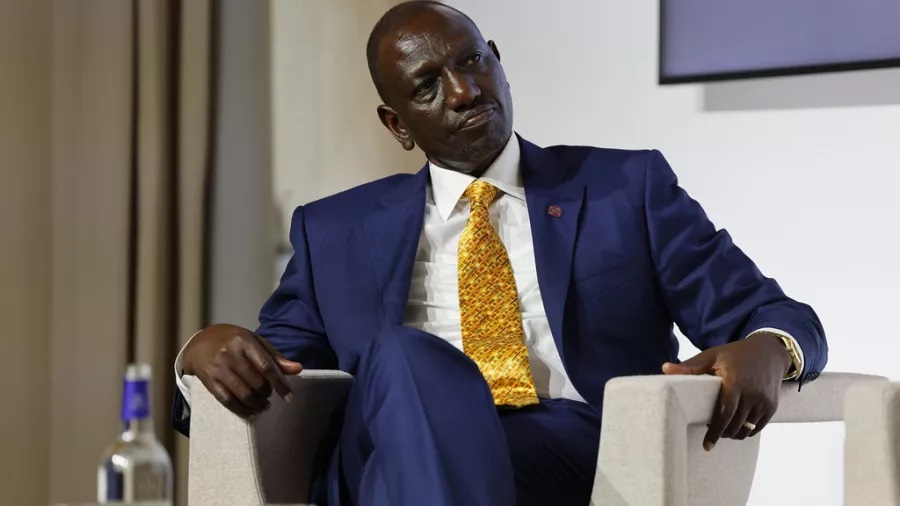President William Ruto has staunchly defended his plan to construct a permanent stone church within the State House grounds, brushing off criticism as politically motivated propaganda. Addressing leaders from the Federation of Evangelical and Indigenous Christian Churches of Kenya (FEICCK) at State House Nairobi, Ruto emphasized that the place of worship is not a private project but a constitutional and spiritual necessity.
“I know State House is public land, and I fully respect that,” Ruto stated. “But our constitution declares that we are a nation under God. Building a befitting church here is the least I can do to honour that.”
Ruto dismissed claims that billions of shillings were being used for the project, terming such figures as deliberate misinformation. “Hiyo mnasikia mabillioni sijui billioni ngapi ni lugha ya shetani ya kujaribu kuchochea na kuharibu,” he said, calling it “language of the devil” meant to incite Kenyans.
The President explained that the State House compound is home to around 300 families, including staff and security officers, many of whom live and work there. “This is not my private residence alone. It’s a community, and it deserves a proper place of worship,” he added.
Ruto questioned critics who have not objected to his contributions to church construction across the country. “I have been to many churches, and no one has ever asked me to help build a mabati church. So how do I build stone churches nationwide and leave a mabati church at State House?”
However, opposition leader Martha Karua dismissed Ruto’s remarks as misplaced and an abuse of public office. “State House is not your land, not your money to do as you please. Completely out of order,” she posted on social media.
The debate has reignited questions about the use of public resources for religious infrastructure within state premises, with some Kenyans arguing it blurs the line between church and state.
Nonetheless, Ruto maintained that honouring God through such an initiative reflects Kenya’s foundational values and should not be politicized.

